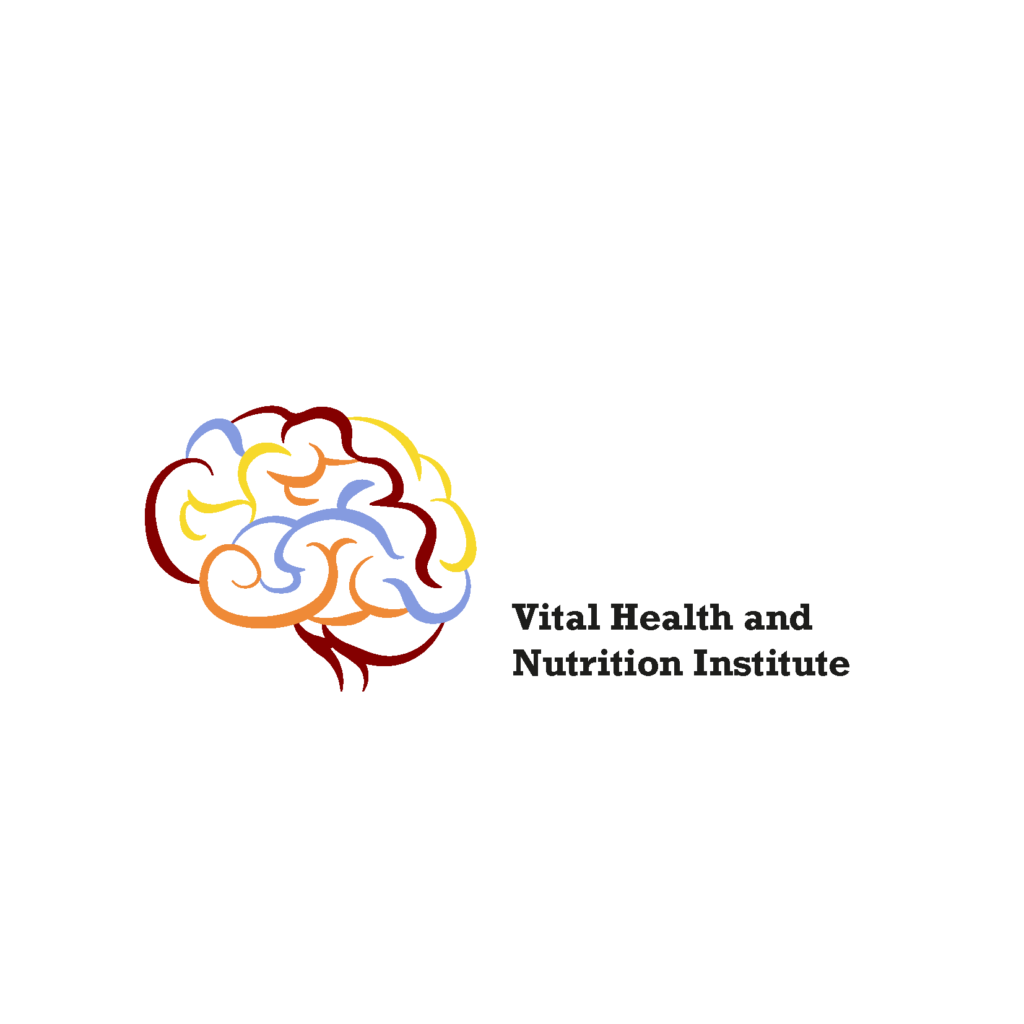When it comes to staying healthy, there’s one vitamin that deserves special attention:
vitamin D. Often referred to as the “sunshine vitamin,” it is the nutrient that your
body cannot do without. However, widespread vitamin D deficiency is a result of
modern habits, which include using sunscreen and spending more time indoors. This
article will examine the advantages of vitamin D towards bone health, immune
system stimulation, mental health, heart health protection, and clearly show how one
can obtain it naturally.

1. Boosting Bone Health
The most well-known advantage of vitamin D is that it helps maintain strong, healthy bones. To maintain bone density, two minerals are necessary: calcium and phosphorus, which vitamin D aids in your body’s absorption of. Your body can’t adequately absorb these minerals without enough vitamin D. That causes your bones to weaken and increases your risk of fractures. When vitamin D deficiency is severe, the result can be diseases such as osteoporosis in adults and rickets in children. One simple, but important way to protect your bone health and to avoid those conditions later in life is to get adequate vitamin D.
2. Strengthening the Immune System
Vitamin D is a powerful supporter of your immune system. It enhances the ability of your white blood cells to fight off pathogens, which in turn helps your body prevent illnesses. Studies have shown that people with adequate vitamin D have a lower chance of developing respiratory illnesses like flu or common cold, particularly in the winter. In addition, vitamin D has anti-inflammatory effects, which may reduce the severity of a disease or persistent inflammation in the body. Having enough amounts of vitamin D can have a major impact on your ability to prevent sickness in a time when immunity is more crucial than ever.
3. Supporting Mental Health
In addition to its effect on the body, vitamin D will also affect your brain. Studies have shown that low levels of vitamin D are correlated with low mood, anxiety, and depression. A plausible rationale could be that vitamin D functions as a regulator of serotonin synthesis, a neurotransmitter that impacts mood and subjective well-being. According to this, getting enough vitamin D can be crucial to maintaining mental wellness, especially when you are more susceptible to stress or the seasonal affective disorder (SAD).
4. Promoting Heart Health
The cardiovascular system also receives benefits from vitamin D. Certain studies indicate that vitamin D may help lower blood pressure and decrease the risk of heart disease, though the specifics of the mechanisms are still under investigation. One theory is that vitamin D enhances endothelial function, which is appropriate for regulating a healthy blood pressure and refers to blood vessels being able to appropriately expand and contract. In addition, several studies have noted that vitamin D deficiency correlates with an increased risk of strokes and heart attacks. Maintaining an appropriate level of vitamin D may be an easy way to retain good cardiovascular health in the future, although we again have limited evidence at this point.
Natural Sources of Vitamin D

How then might you ensure you get enough vitamin D? The best natural source is the direct sunshine. Try to spend 15 to 30 minutes in direct sunlight a couple of times per week to encourage your body to manufacture vitamin D on its own. However, this might not be enough. It depends on where you live, the season, and the type of skin you have. This is where food sources come in. This is where food sources come in. Foods fortified with vitamin D, such as milk and orange juice, as well as egg yolks and fatty fish (such as salmon or mackerel), could help you meet the recommended daily intake of dietary vitamin D. For those who may not be handling enough vitamin D produced from food and sunshine, supplements can be an acceptable and efficient option. Many natural health practitioners, including some at VHNI, recommend plant-based supplements (instead of synthetic options) to guarantee an adequate intake of vitamin D.
Conclusion
Vitamin D is an important requirement of health with numerous benefits, such as stronger bones, a healthier heart, enhanced immunity and mood. Nowadays, many people are at risk of not getting enough vitamin D, so it’s critical to be proactive in making sure you’re getting enough. Making sure you have legitimate vitamin D, whether through foods, supplements, or sun exposure, is a simple and practical way to enhance your long-term health and overall health. Therefore, check your levels and consider integrating vitamin D into your daily life; these small changes can have a major impact.

